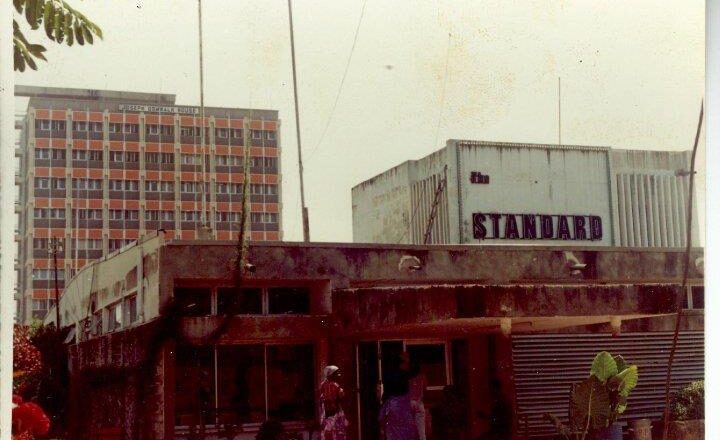Lé ẹlẹ́yọ́rọ́ jìnnà, kí o tó bá adìẹ wí.
My forefathers were diplomatically savvy. I learnt from them firsthand before formal or Western education. I wrote against the planned invasion of Iraq under the pretext of having weapons of mass destruction in 2003. We all know the consequences of that violation of international law by the United States of America and its allies on…
Read More about Lé ẹlẹ́yọ́rọ́ jìnnà, kí o tó bá adìẹ wí.